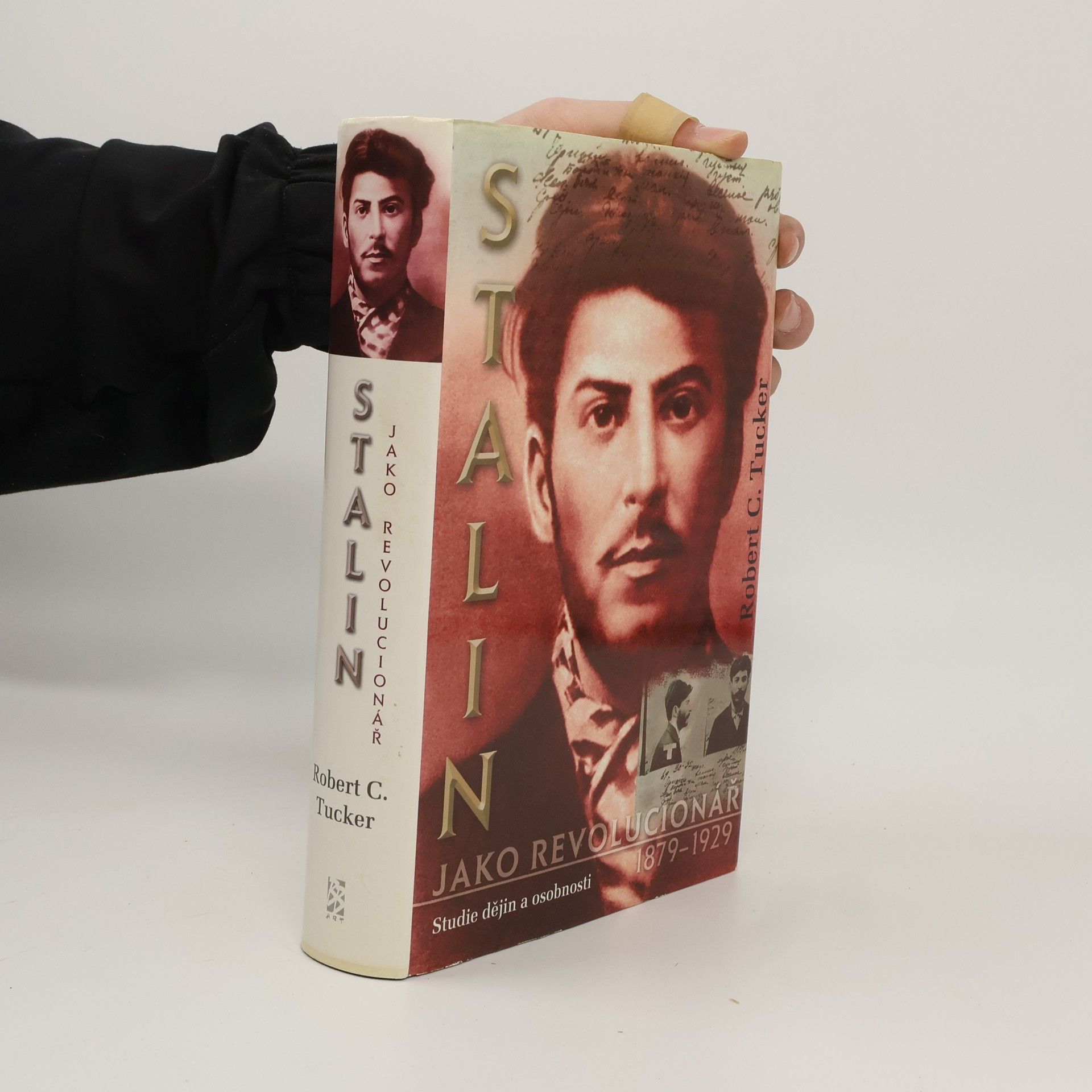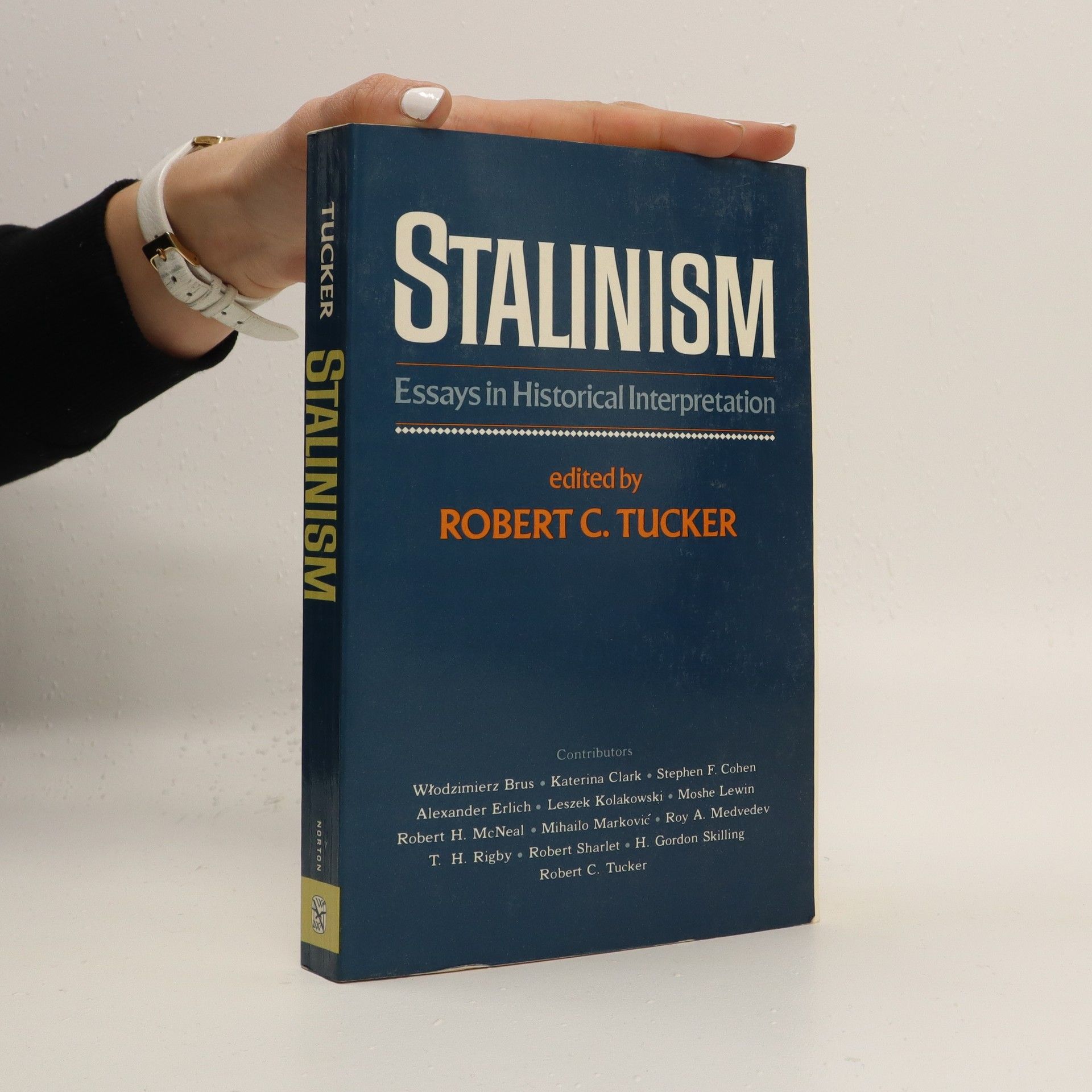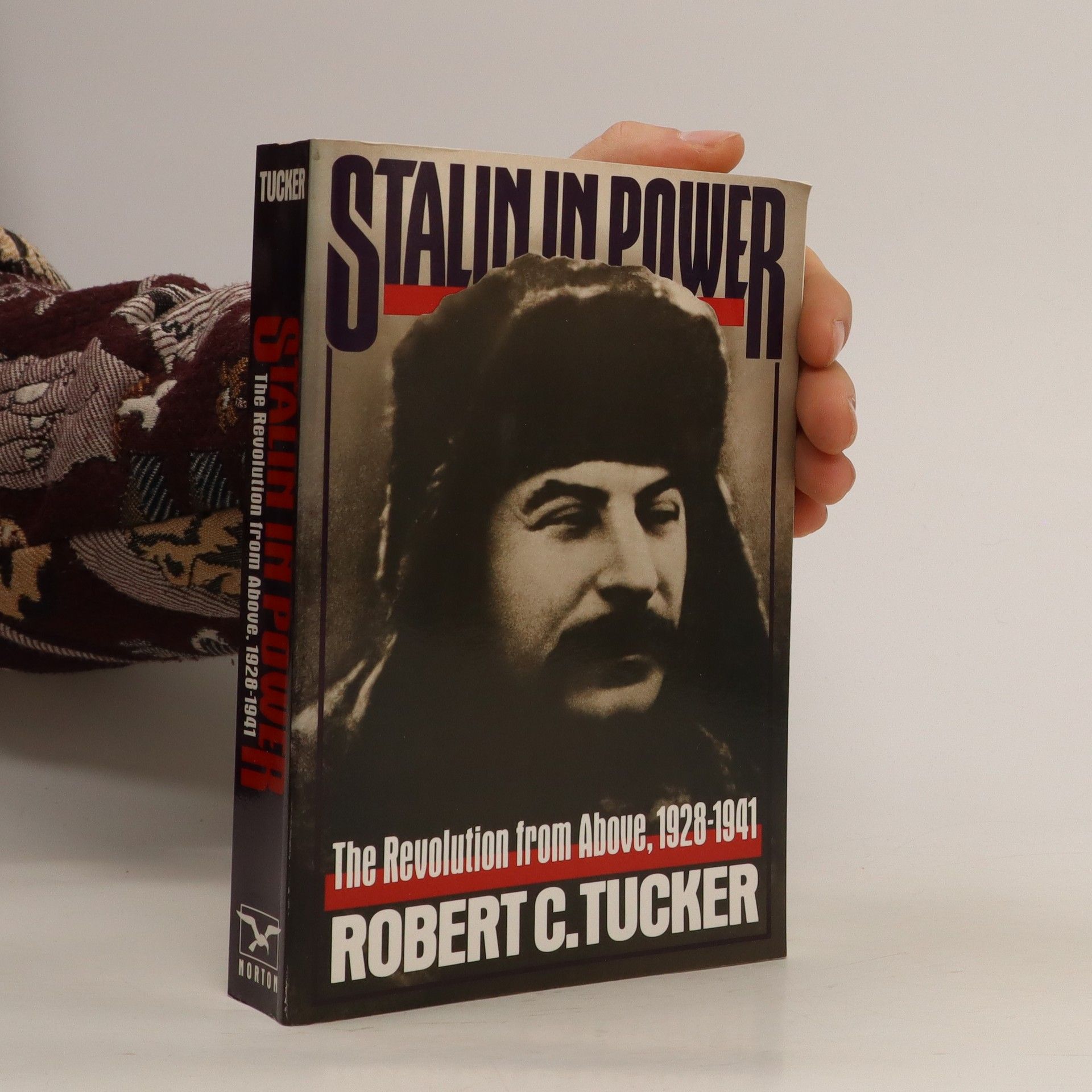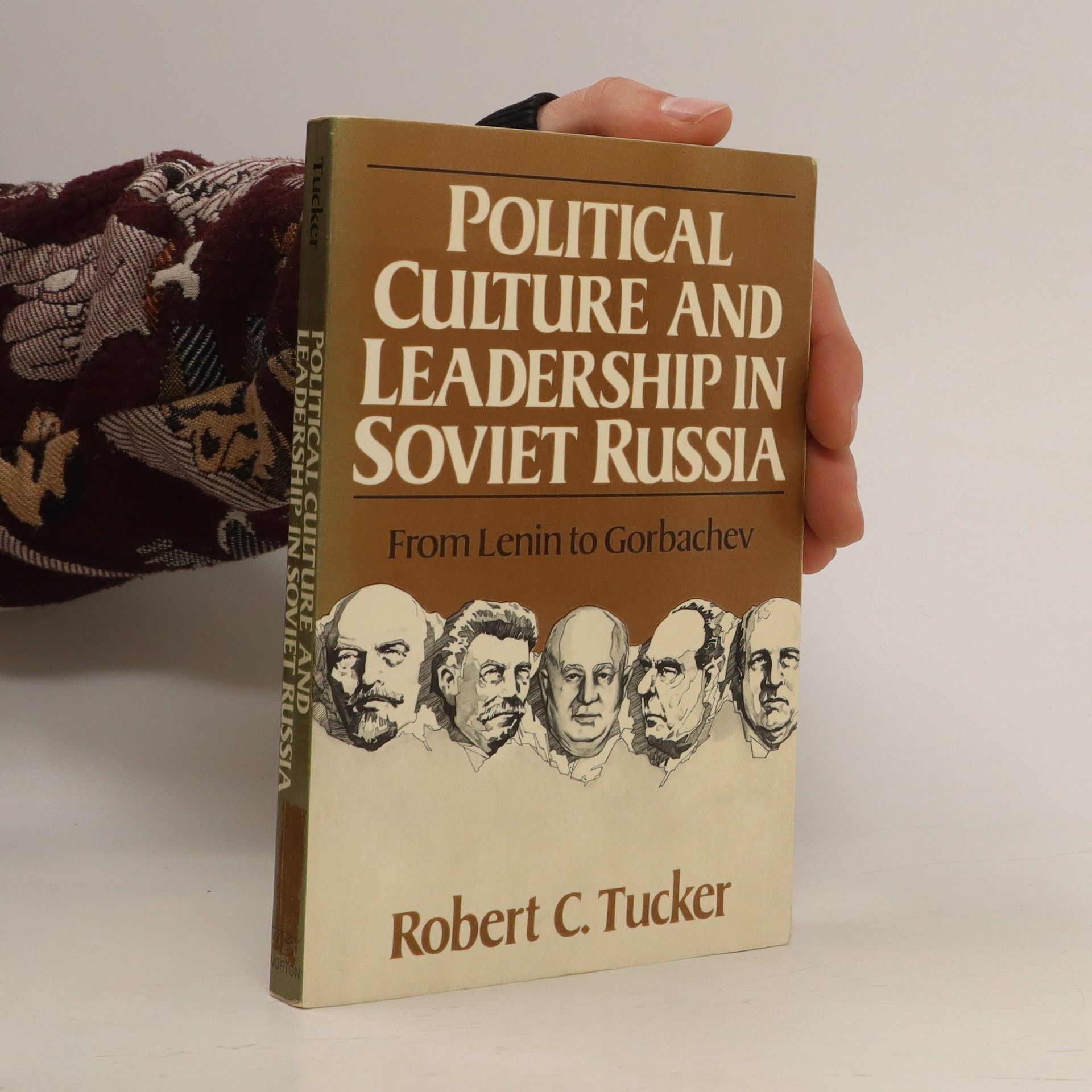Political Culture And Leadership In Soviet Russia From Lenin To Gorbachev
- 214 pages
- 8 hours of reading
Looks at cultural changes in Russia, analyzes culture in social movements, and suggests possible results of Gorbachev's reforms
Robert Tucker was a scholar of Marxism and the Soviet Union whose studies were deeply shaped by personal experience. After his time at Harvard, his work as a translator for the U.S. Embassy in Moscow profoundly influenced his academic path, particularly his inability to secure an exit visa for his future wife upon his return to the United States. This pivotal experience spurred his continued research into the ideologies and historical figures of the era. Tucker authored numerous books on Marxism and Stalinism, notably a two-volume biography of Joseph Stalin that employed a psychological lens to explicate how Stalin attained and wielded power.







Looks at cultural changes in Russia, analyzes culture in social movements, and suggests possible results of Gorbachev's reforms
Explains the motivations, personality, and actions of the man under whose rulership millions of Russians perished.
Product Description: In the years since Stalin's death, his profound influence upon the historical development of Communism has remained elusive and in need of interpretation. Stalinism, as his system has become known, is a phenomenon that embraced all facets of political and social life. While its effect upon Russia and other nations today is far less than it was while Stalin lived, it is by no means dead.
Přestože kniha je biografií, tak autor v ní sleduje něco, co je jen dílčí součástí biografie: setkání osobnosti s veřejným světem politiky, když autor v knize spíše objasňuje vazbu mezi životem a dějinami. A na základě tohoto vztahu v životě člověka, který se v pozdějších letech stal tím nejabsolutnějším vládcem, jakého kdy bylo možné spatřit v nějakém obrovském státě moderní doby, by se kniha dala charakterizovat jako studie o utváření diktátora a předpokladů, které k jeho diktátorství vedly. Poutavé vyprávění a brilantní výklad prvních let života Stalina a jeho vývoj coby bolševického vůdce do roku 1929, kdy se ocitl na vrcholu moci.
Kniha zkoumá nejzajímavější období Stalinova života, éta 1928–1941, tedy éru, v níž sovětský diktátor dovršil budování impéria své osobní moci a mohl se projevovat jako absolutistický vládce. Třebaže některé Stalinovy činy se zdají být nepochopitelně kruté a zdánlivě nelogické, autor se snaží nalézt motivy a příčiny, které k takovému jednání vedly a snaží se je objasnit mimo jiné i na základě poznatku moderní psychologie.... celý text